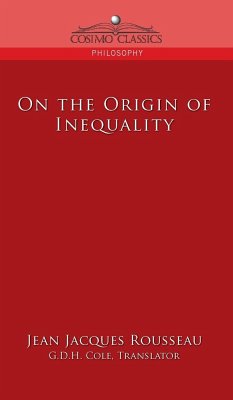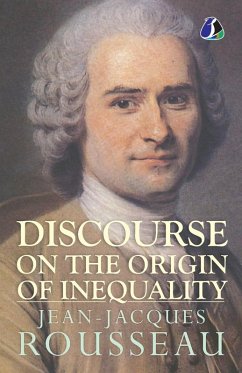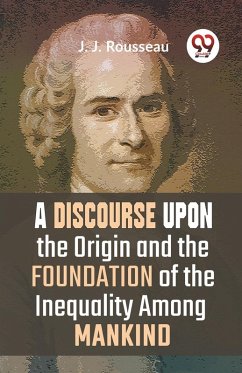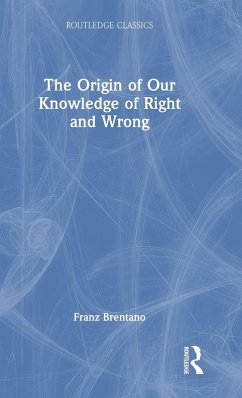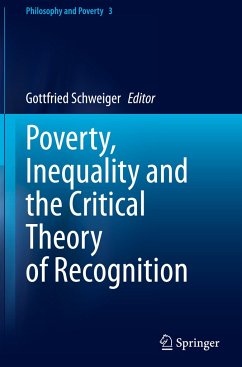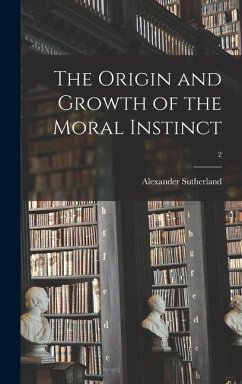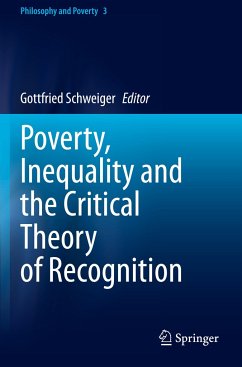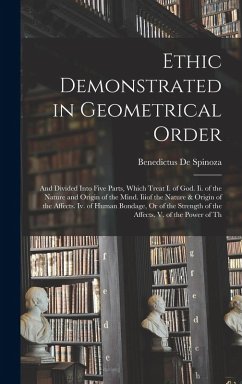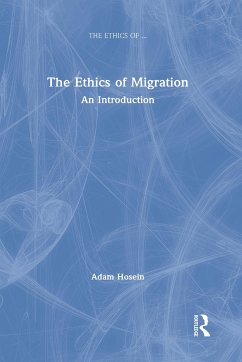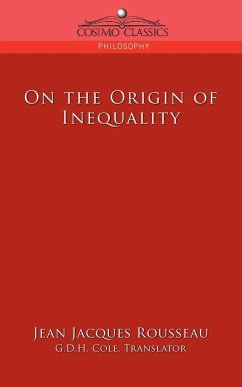
On the Origin of Inequality

PAYBACK Punkte
7 °P sammeln!
If we look at human society with a calm and disinterested eye, it seems, at first, to show us only the violence of the powerful and the oppression of the weak. The mind is shocked at the cruelty of the one, or is induced to lament the blindness of the other... -from the Preface Are such concepts of race, class, and wealth inherent to the human condition, or are they results of the development of "civilization"? One of the most important thinkers of the Enlightenment, which laid the groundwork for the modern mind-set, argues that it is only with the creation of agriculture and urban society tha...
If we look at human society with a calm and disinterested eye, it seems, at first, to show us only the violence of the powerful and the oppression of the weak. The mind is shocked at the cruelty of the one, or is induced to lament the blindness of the other... -from the Preface Are such concepts of race, class, and wealth inherent to the human condition, or are they results of the development of "civilization"? One of the most important thinkers of the Enlightenment, which laid the groundwork for the modern mind-set, argues that it is only with the creation of agriculture and urban society that inequalities formed. Controversy swirls around the text-some of today's thinkers continue to consider it profound; others contend that it relies on an unsupportable "noble savage" foundation. In either case, this 1752 is one of the greatest works of 18th-century philosophy. Swiss philosopher JEAN JACQUES ROUSSEAU (1712-1778) was a dramatic influence on the French revolution, 19th-century communism, and much modern political thought. His works include Discourse on the Arts and Sciences (1750), Discourse on Political Economy (1755), and The Social Contract, Or Principles of Political Right (1762).





